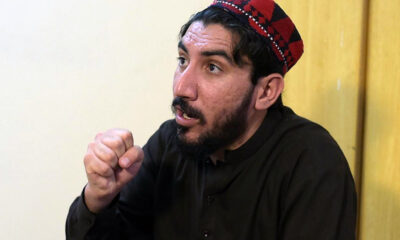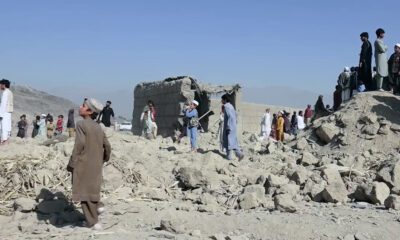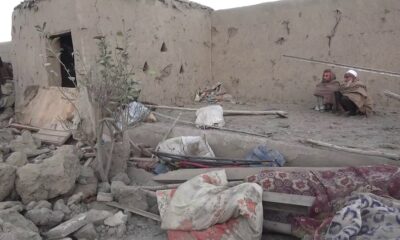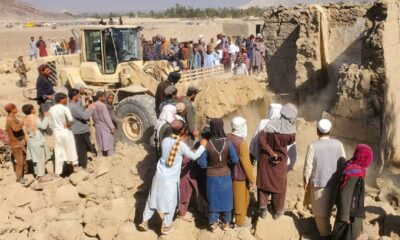Latest News
40% of Afghan media have closed, 80% of women journalists lost their jobs

A survey by Reporters Without Borders (RSF) and the Afghan Independent Journalists Association (AIJA) has found a radical change in the Afghan media landscape since the takeover by the Islamic Emirate of Afghanistan (IEA).
According to a report on the RSF website, a total of 231 media outlets have closed and more than 6,400 journalists have lost their jobs since 15 August.
Women journalists have been hit hardest, with four out of five no longer working, the report stated.
More than four out of every ten media outlets have disappeared and 60% of journalists and media employees are no longer able to work.
According to the RSF report, of the 543 media outlets tallied in Afghanistan at the start of the summer, only 312 were still operating at the end of November.
This means that 43% of Afghan media outlets disappeared in the space of three months.
The central Kabul region, which had more media than anywhere else, has not been spared. It has lost more than one of every two media outlets (51%). Of the 148 tallied prior to 15 August, only 72 are still operating.
RSF reported that the closure or reduction in the activities of media outlets has had a major impact on employment in the media sector. Of the 10,790 people working in the Afghan media (8,290 men and 2,490 women) at the start of August, only 4,360 (3,950 men and 410 women) – or four out of every ten media workers – were still working when this survey was carried out.
RSF attributed this change in part to new regulations issued by the IEA.
The rules require journalists to tell information and culture ministry officials what they would like to cover, get their permission to go ahead and finally inform them about the results of their reporting in order to be able to publish.
“There is an urgent need to rein in the spiral leading inevitably to the disappearance of Afghan media and to ensure that respect for press freedom is a priority,” said Reza Moini, the head of RSF’s Iran-Afghanistan desk.
“Journalists’ safety, the fate of women journalists, media legislation and the right of access to news and information are all crucial issues that the authorities must address without delay. Without a free press capable of exposing bad governance’s failings, no one will be able to claim that they are combatting famine, poverty, corruption, drug trafficking and the other scourges that afflict Afghanistan and prevent a lasting peace.”
IEA spokesman Zabihullah Mujahid told RSF that the Islamic Emirate of Afghanistan supports “freedom for the media in the defined framework for preserving the country’s higher interests, with respect for the Sharia and Islam.” He also said that the government wanted to “help those media that are operating to continue to do so, and help the others to find solutions so that they can resume operating.”
Aside from new rules, media owners have to cope with new economic constraints. Many media outlets were receiving national and international funding that ended when the IEA seized control.
“These subsidies, which came above all from countries that had a military presence in Afghanistan and which had an interest in providing them, have now ended,” said Mujahid.
Recognizing the disappearance of many media outlets, Mujahid noted that many media “executives and managers had fled the country.”
This had contributed to the “collapse” of their media outlets, he said.
Latest News
IEA rejects Russia’s claims of foreign militants in Afghanistan
He further called on Russian authorities to reassess their understanding of the situation in Afghanistan and to update their reports based on objective facts on the ground.
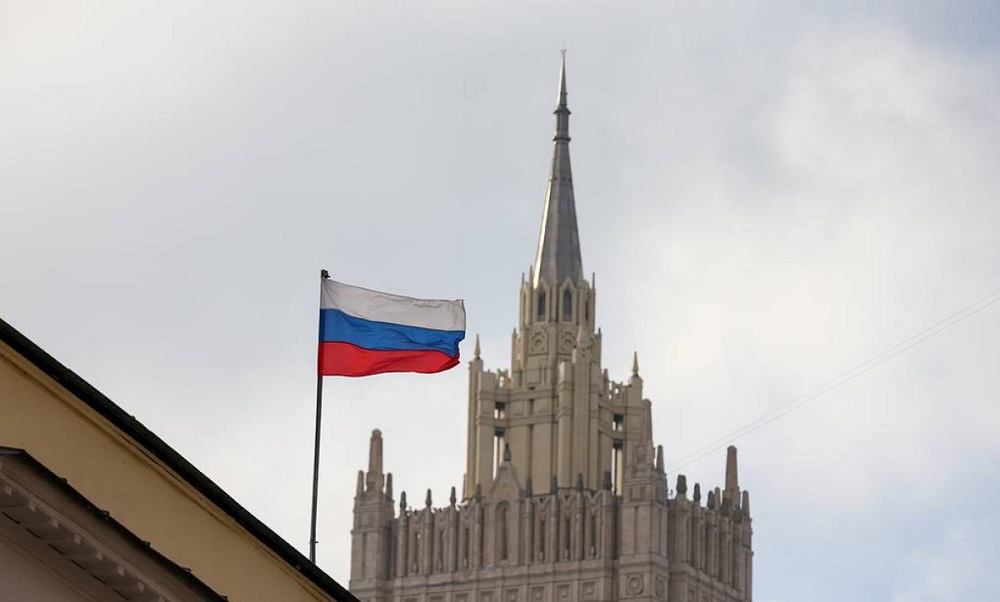
The Islamic Emirate of Afghanistan (IEA) has strongly rejected recent claims by Russia regarding the presence of international terrorist groups inside Afghanistan, calling the allegations unfounded and based on inaccurate information.
Speaking on the issue, Zabihullah Mujahid, the spokesperson of the Islamic Emirate, said Afghanistan is fully secure and no foreign armed groups are operating within the country.
He stressed that the entire territory of Afghanistan is under a single authority, leaving no space for external groups to carry out activities.
“We regret that such claims are made from sources in Russia,” Mujahid said, adding that these allegations date back to the past, including the period of the U.S. occupation, and have no basis in current realities. “We categorically reject these assertions.”
He further called on Russian authorities to reassess their understanding of the situation in Afghanistan and to update their reports based on objective facts on the ground.
Latest News
Escalating violence in Pashtun regions during Ramadan raises concerns
He described these incidents as grave violations of international law and acts that have deepened fears among affected communities.

Amid the holy month of Ramadan, violence has continued in several Pashtun areas, raising serious concerns among local communities.
In a post in X, Manzoor Ahmad Pashteen, the founder and head of Pashtun Tahafuz Movement, noted that in Tirah, four Pashtun civilians were reportedly killed and six others injured during operations carried out by the Pakistani army. Protests that followed in Orakzai were also met with force, leaving four more individuals seeking peace and justice injured.
In Afghanistan’s Behsud district, 17 civilians, including women and children, were reportedly killed in airstrikes attributed to Pakistani forces, he stated.
He described these incidents as grave violations of international law and acts that have deepened fears among affected communities.
In recent days, additional casualties have been reported in Rozmak, Shawal (North Waziristan), Mubarak Shahi village (Mir Ali), Speen Wam, Abakhel village, Dosali, Takhte Khel (Lakki Marwat), Azam Warsak (South Waziristan), Bajaur, and Bannu, where clashes between security forces and armed groups have resulted in deaths and injuries among civilians, Pashteen said.
He stated that the ongoing violence reflects longstanding grievances in Pashtun regions. The Pashtun Tahafuz Movement (PTM) has stated that it will continue to oppose what it describes as injustices against Pashtun communities and will stand in solidarity with those affected.
Latest News
UNAMA reports civilian casualties from Pakistani airstrikes in Afghanistan
UNAMA urged all parties to end hostilities, protect civilians, and uphold international law principles of distinction, proportionality, and precaution to prevent further civilian harm.
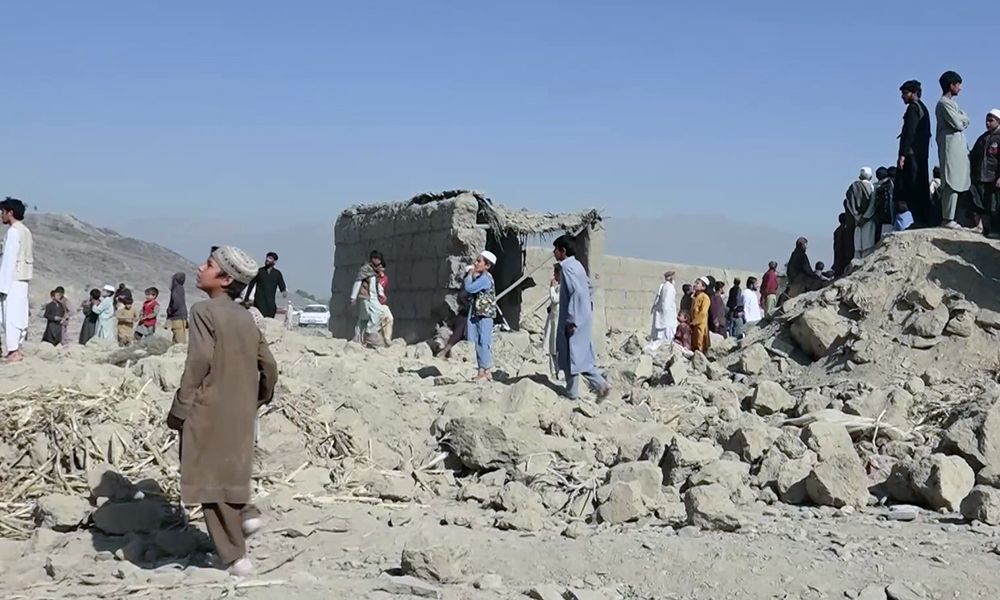
The United Nations Assistance Mission in Afghanistan (UNAMA) has confirmed credible reports of civilian casualties following overnight Pakistani airstrikes inside Afghanistan on 21–22 February.
Airstrikes in Behsud and Khogyani districts of Nangarhar province, carried out between approximately 23:45 on 21 February and 00:15 on 22 February, have reportedly killed at least 13 civilians and injured seven others, including women and children.
Pakistani forces also struck Barmal and Urgun districts in Paktika province.
In Barmal’s Marghai area, an airstrike on 21 February around 23:15 hit a madrassa and partially damaged a nearby mosque.
In Urgun’s Dahna area, an airstrike at approximately 23:30 partially destroyed a vacant private residence. No civilian casualties have been reported from these strikes.
UNAMA urged all parties to end hostilities, protect civilians, and uphold international law principles of distinction, proportionality, and precaution to prevent further civilian harm.
-
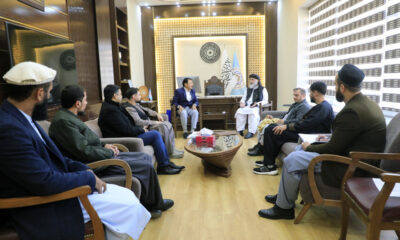
 Latest News4 days ago
Latest News4 days agoAfghanistan welcomes investment and technology partnerships with India
-

 Sport4 days ago
Sport4 days agoAfghan Peaks founder climbs Aconcagua to promote Afghanistan’s mountain potential
-

 Latest News3 days ago
Latest News3 days agoIndian customs seize Chinese walnuts falsely declared as Afghan
-

 Business4 days ago
Business4 days agoPakistan allows re-export of stranded Afghan transit cargo
-
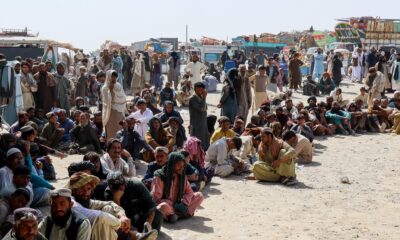
 Latest News3 days ago
Latest News3 days agoPakistan’s Punjab to send home 20 more Afghans in repatriation drive
-

 Latest News4 days ago
Latest News4 days agoPakistan signals possible air strikes as Kabul releases Pakistani soldiers in goodwill move
-

 Latest News2 days ago
Latest News2 days agoMoldova bans Afghan airlines over safety concerns
-
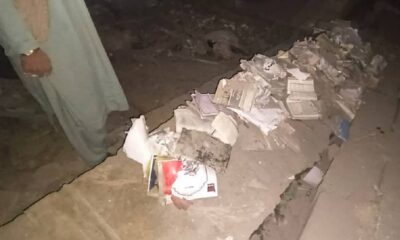
 Latest News1 day ago
Latest News1 day agoAfghanistan vows retaliation after Pakistan launches air strikes




